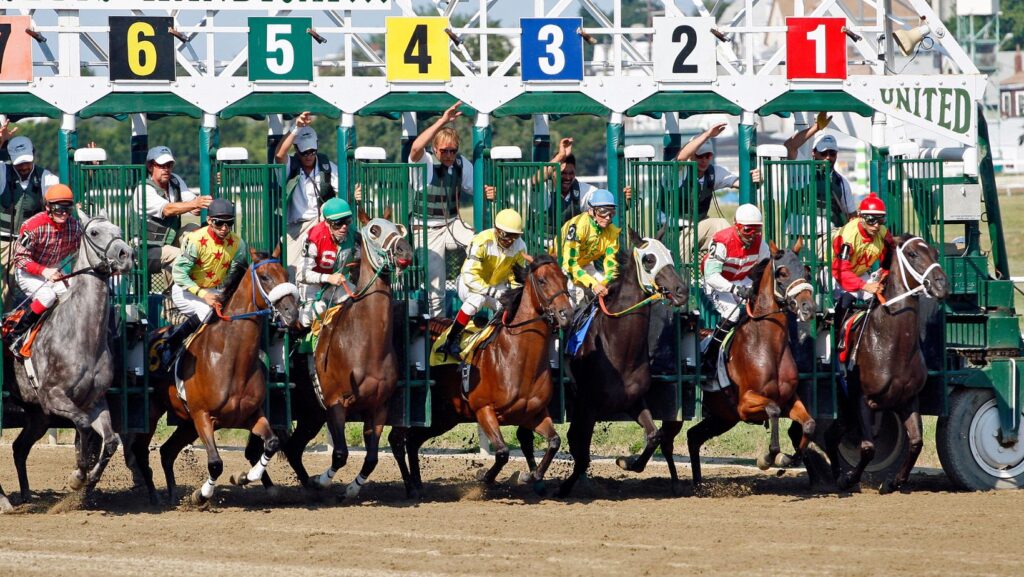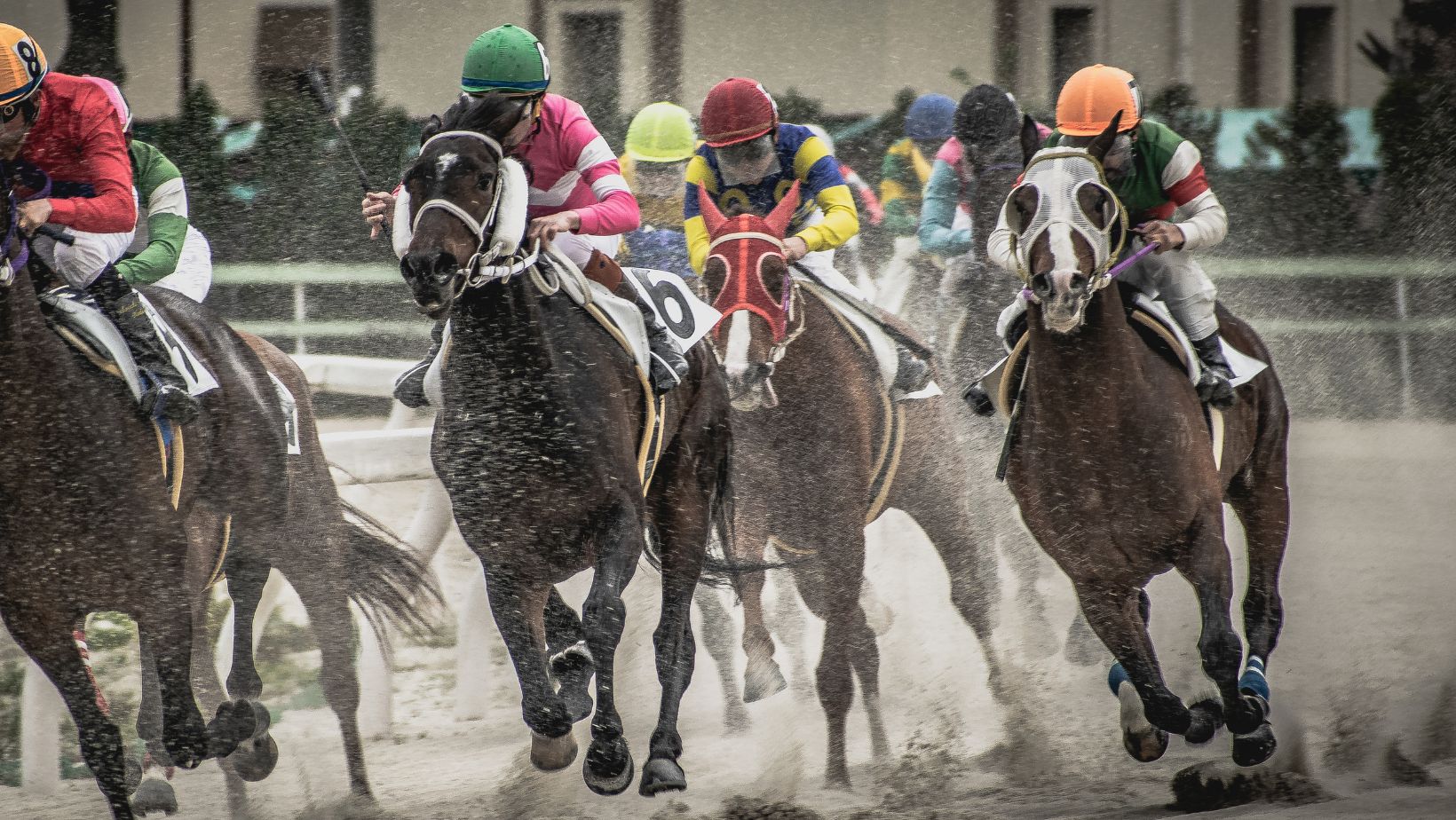
The internet is awash with articles claiming that there are simple lessons to be learned about computer programming from blackjack. Or that if you just get your head around the psychology of poker bluffing, then you’ll really be able to master the art of negotiation.
Typically these articles make tenuous links between the various strategies employed in these casino games, which are highly specific to the games, and some more general aspect to do with the original topic.
Well, that’s not what we’re going to do today. Instead of wasting your time likening the wait for your online horse betting account to open with the wait for the Market to open, we’re going to give you some certifiable advice learned from both betting on horses and betting on stocks.
Advice that has been learned the hard way. Through much trial and even more error. Read on to find out the fruit of our long and arduous labor.
Understand the Odds
You might think you understand the odds, but do you really understand the odds? What we’re getting at here is that we typically look at odds the wrong way. Whether you are betting on horses or investing in the stock market, you shouldn’t be looking at what you stand to win. You should instead be looking at what you stand to lose.
Imagine for a moment that you were offered $100,000 for playing one round of Russian roulette. The odds would be in your favor – massively. If you put the gun to your head and pulled the trigger, you would have an 83% chance of winning and taking away the $100,000, all for 1 second of work.

In that scenario, the odds of your winning are so high that most bookmakers wouldn’t even offer a price for it. But would any sane person really take that bet? Not likely. Forget the odds for a second; the stakes are too high. It’s all well and good having an 83% chance of winning $100,000, but what about the 17% chance of dying?
In that scenario, the reward is never enough to counter the risk, and that’s a lesson from horse racing that you can take into the stock market. No matter how short the odds are for a horse winning, it’s never worth risking everything for an outcome that isn’t 100%.
The horse could fall, it could have an off day, the jockey might be feeling under the weather or there could be a split decision. Likewise, those super-hot stocks that were guaranteed to soar could drop because of a scandal, a global recession or the first shots of war.
Research
An impulsive bet is a bad bet. Those who pick the horse with the coolest-sounding names are the ones who tend to lose the most money, and the same is true for the stock market. Buying up shares in your favorite company or the one you’ve seen the most on television and hoping for the best is a recipe for disaster.

Just like you would study the form in horse racing and read up about each horse’s various tendencies and foibles, you have to research and study each company and sector you are going to invest in. That doesn’t give you the God-given right to hit double-digit profits, but it does give you the information you need to make an informed choice.
Budget Management
Since its inception the stock market has returned an average of 6.8% a year, which is a comfortable return of investment. Yet shockingly figures estimate that 90% of people lose money on their stock investing.
Likewise, around 95% of people who bet on horse racing do not make long-term, sustainable profits and instead lose money. The final lesson that we will share with you, from falling into that 95%, is that you need to manage your budget.
If you don’t, you will lose it all and be out of the game. Whether it be horse racing or investing, work out how much you could afford to invest/bet a month and halve it. Then save the other half.
If you do that you’re not just reducing your level of risk, you’re also actively ensuring that you have money on standby. When it comes to investing this is key, it means when the market dips – as it invariably does – you won’t be left ruined and you’ll have money left over to reinvest.
In terms of betting on horses, your saving policy will mean you are the one in control and not the other way around. Regardless of whether you win or lose, you’ll see your bank account rising either way if you stick to that budget principle.










